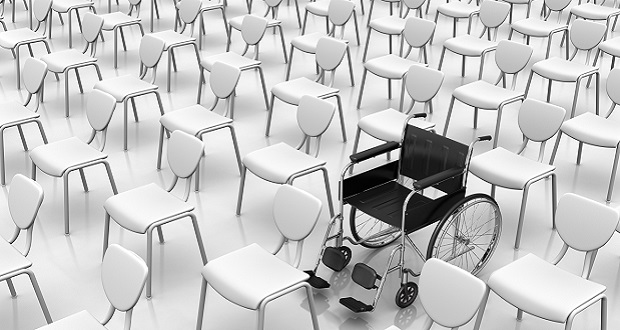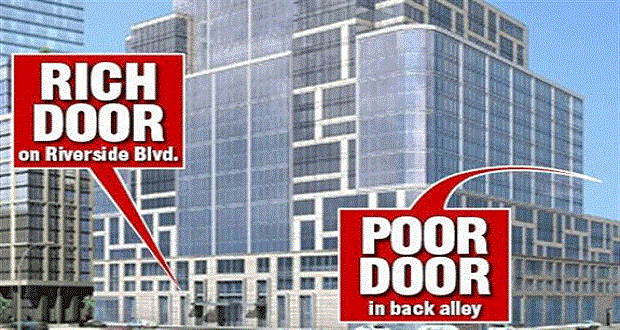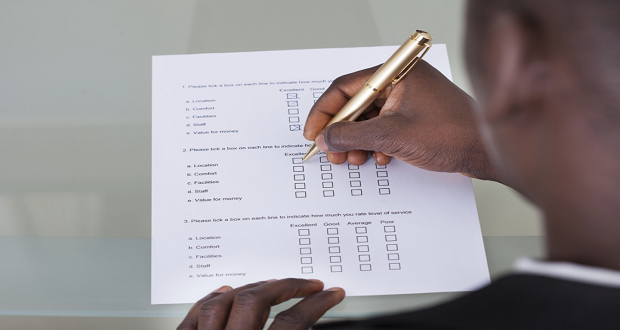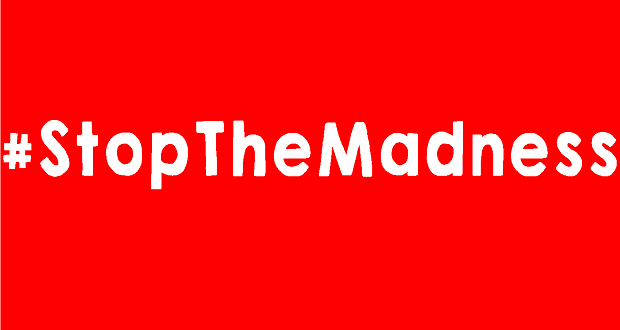
This is a real story. The person’s identity will remain anonymous.
“Wow! That’s interesting. You don’t see my disability. I do. I live with it every day. It is visible. Why don’t you see it? Is it because you are saying that it makes no difference to you? Do you mean that it is easier for you not to see it so we don’t have to talk about it because that would be awkward and uncomfortable for you? I am just not sure how to take this comment. I am sure that you mean well but it just confuses me and does not make me feel understood or included. My disability is an important part of who I am so if you don’t see it, then you are not seeing me. This also ignores an important safety aspect for me. If there was a fire, I would hope somebody would remember that I would need extra help getting out of the building.
Another ‘well-meaning’ comment that I have gotten all too often, is ‘I will pray for you.’ While I happen to be a praying person and appreciate all of the prayers I can get, it usually comes across as pity… as ‘I feel sorry for you.’ In my view it is REALLY inappropriate to announce your intent to offer up prayers for my healing in the middle of a presentation with other team members present. Almost no one wants pity. That became an awkward moment for everyone in the room, especially me!
Other comments such as ‘you are so brave’ or ‘you are an inspiration’ or ‘how do you keep going every day’ leave me at a loss for words. They basically mean that it’s amazing that I get up every day and live with my disability. You just do it because you have to, like everyone else in the world. One comedian with a disability, Stella Young, called using people with disabilities as inspiration as ‘Inspiration porn.’ ‘I’m embarrassed for you.’ Yes, someone really said this to me. While I try to believe in the best of intentions, there are some thoughts you should keep to yourself.
I understand that it can be awkward to know what to say to someone with a physical disability. You might be reluctant to ask, what is wrong with you? Please don’t ask that because there is nothing ‘wrong’ with me. However, you might say something like ‘I notice that you walk differently. Am I being too intrusive by asking about it?’”
The way that we become culturally competent is by learning more about others who may be different from us. We cannot learn if we are not curious and if we do not seek out the information. The competency piece is learning how to do it in a mutually respectful way. In doing so, you can understand better how the other person wants to be treated. Some people with physical disabilities may want you to help them while others may not. Ask. Don’t assume.


















